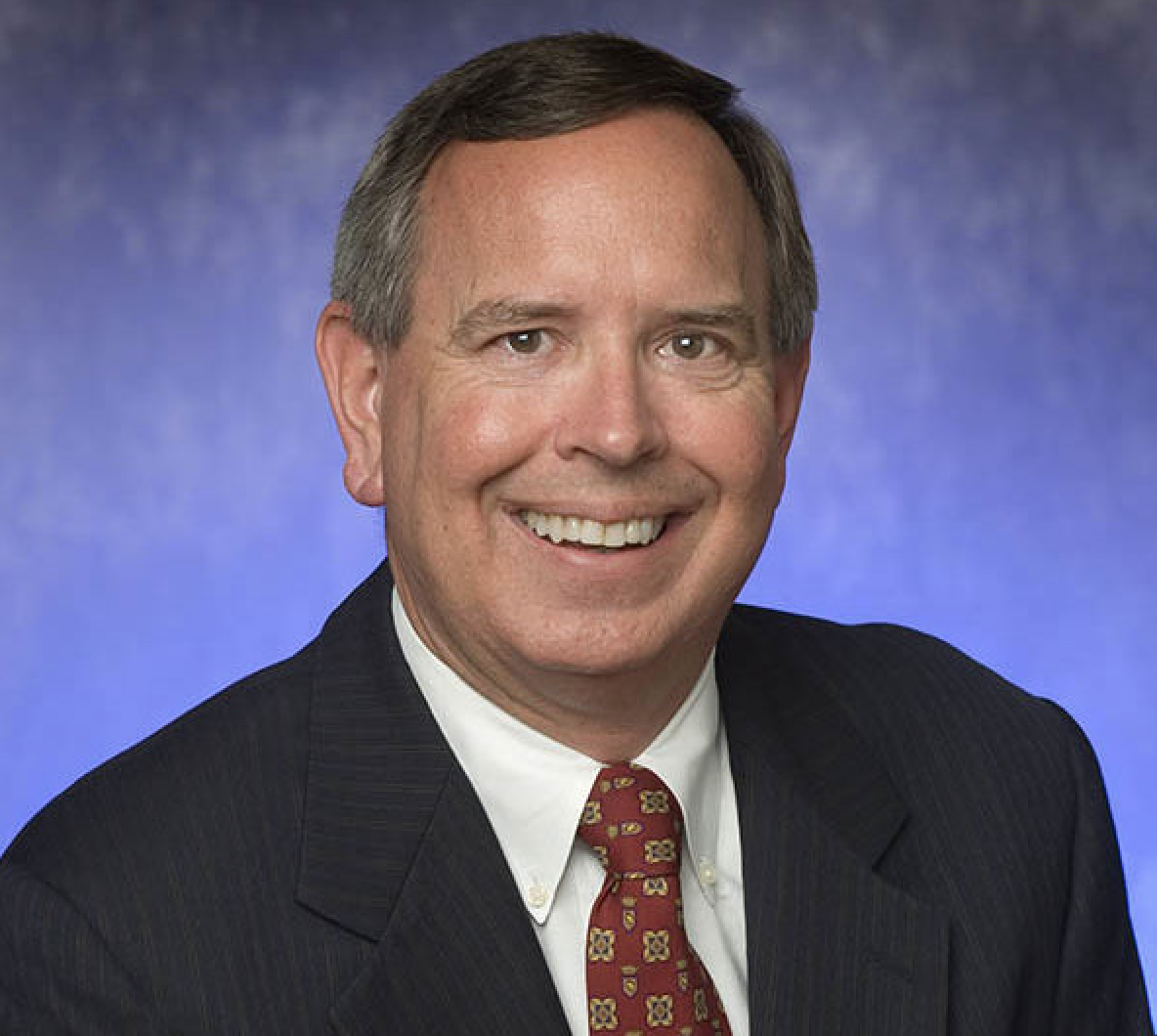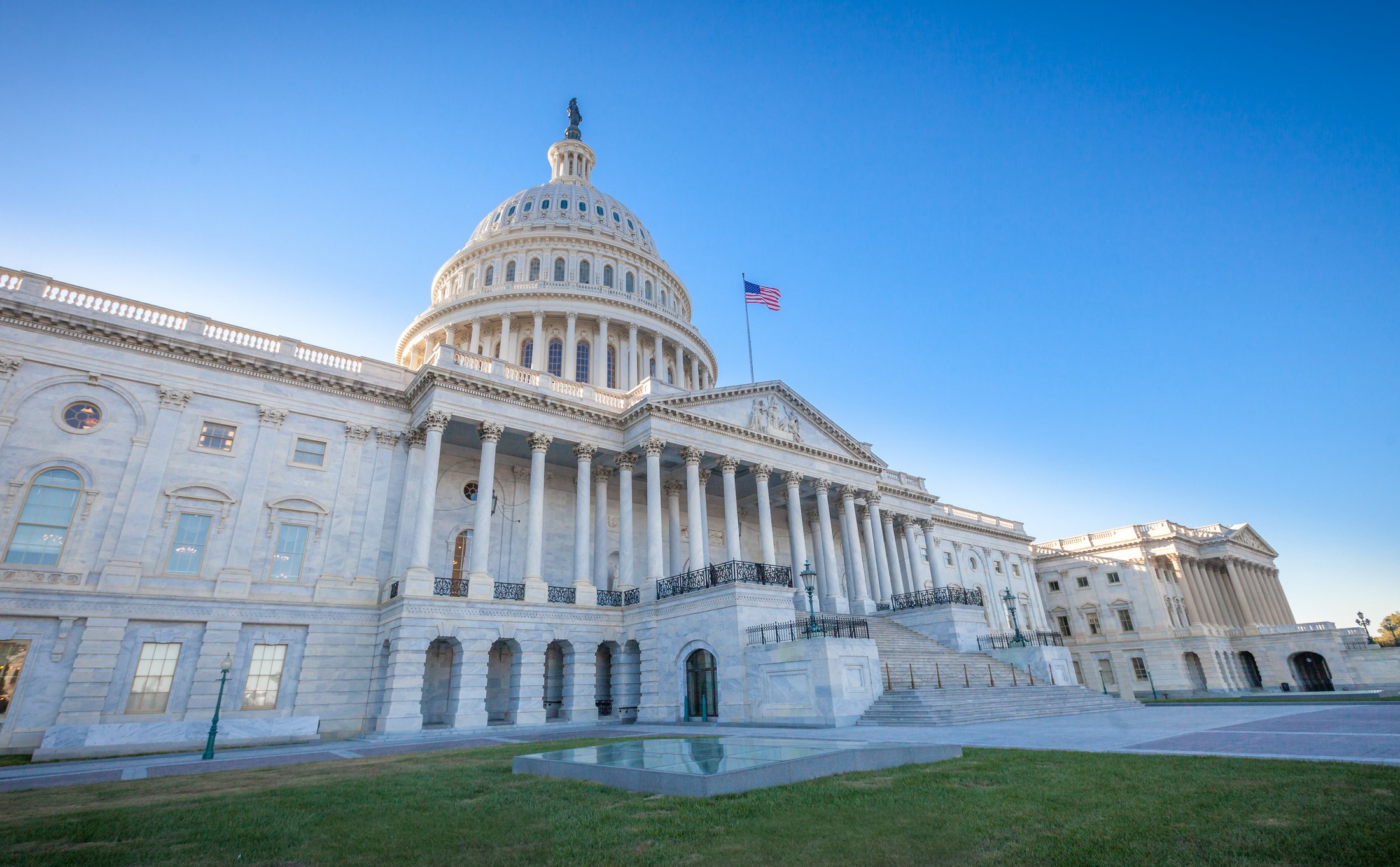
As has been the case over the past 20 months, Texas hospitals are continuing to treat COVID-19 patients. We are thankful the numbers have decreased significantly, but with the holidays and winter on the horizon, we can’t let our guard down.
Many Texas residents are still unvaccinated and there is always the potential for a deadly flu season that we thankfully avoided last year. On the health policy front, we are still striving for fair and equitable pricing transparency so consumers have appropriate information to make informed decisions about healthcare. Unfortunately, Texas has yet to pass legislation for Medicaid expansion that would assist 1.5 million Texans without coverage in the state. Even with the Medicaid expansion, approximately 3.5 million Texans would still be uninsured.
The Texas Health and Human Services Commission (HHSC) continues their diligent work with the Centers for Medicare and Medicaid Services (CMS) to secure a satisfactory 1115 Texas Healthcare Transformation Quality Improvement Program Waiver. This waiver is absolutely necessary to help provide the framework for the long-term stability of the Texas critical safety net healthcare system. There are many moving parts in this delicate negotiation so we hope CMS will move quickly to approve programs that will keep Texas’ healthcare safety net funded for 2022. Texas is facing many health policy issues and we need effective solutions for the upcoming year.
Cecile E. Young is the executive commissioner for the Texas HHSC and has been very diligent in her efforts to negotiate on behalf of Texas. She is talented, level-headed and brings years of experience to the table. She accepted the CMS offer to extend Delivery System Reform Incentive Programs (DSRIP). She approved the Quality Incentive Payment Program (QIPP). She also temporarily renewed the Uniform Hospital Rate Increase Program (UHRIP). These actions demonstrate her collaborative spirit when working with CMS for the benefit of all Texans.
What can providers and advocates do to support the Texas HHSC team as they negotiate these issues? We can provide data, advocacy and public education while supporting the HHSC team with these sensitive negotiations. We realize only a few states have not expanded Medicaid, so these negotiations must be done in a cooperative manner to ensure long-term solutions for our most vulnerable residents.
Providers can clearly underscore the need for patient access and the impact of preventive and ongoing treatment of medical conditions, especially chronic illness. Yes, we need to keep our state and federal legislative leaders up to speed on all policy issues, but we also need to support the grassroots efforts of Young and her team because they represent long-term solutions.
Texas is very fortunate to have Young leading this collaborative effort because she represents effective leadership. If we support her, she will certainly succeed.
Steve Love is the CEO and President of the DFW Hospital Council, a group that unites more than 90 member hospitals in the region.





